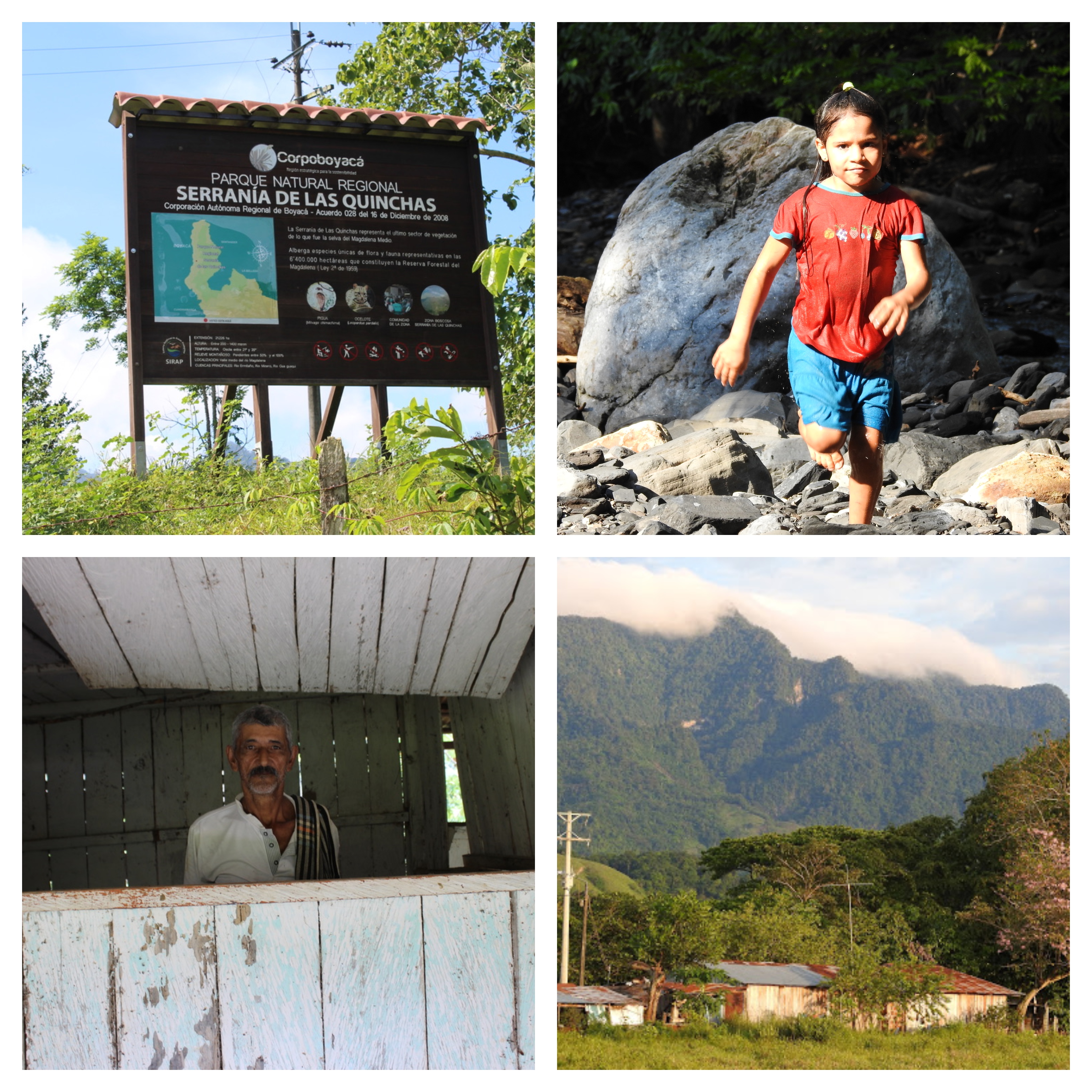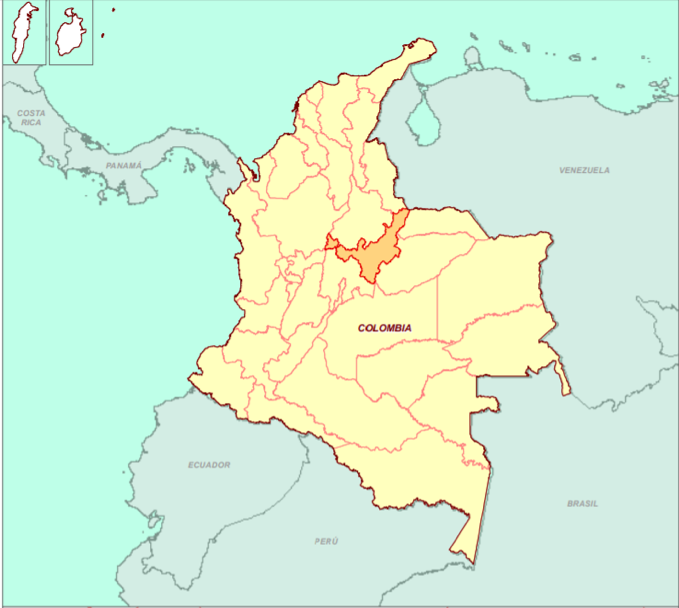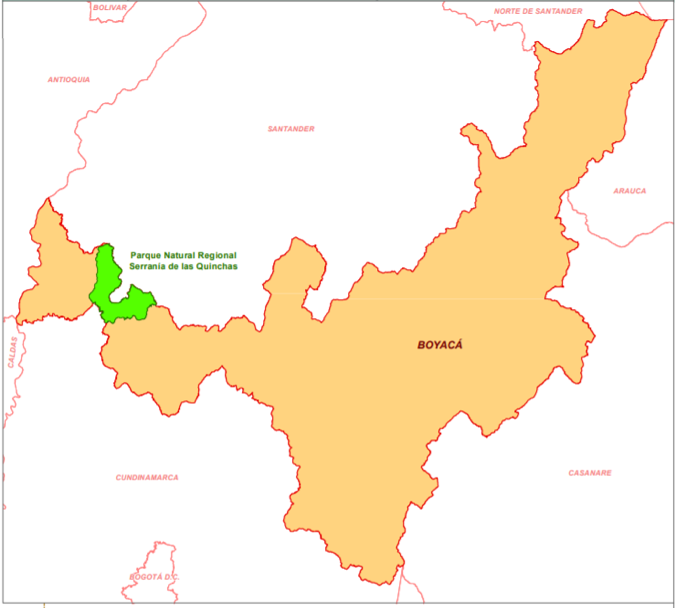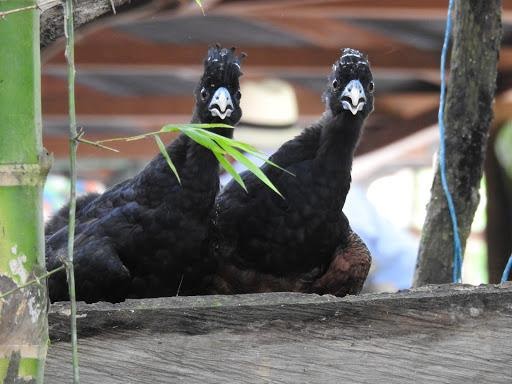Story
Your help will be distributed among families in Quinchas Natural Park during lockdown of COVID-19.
Communities in the rural areas of the Colombian lowlands are at high risk due to the COVID-19 sanitary and social crisis. We are raising funds to provide food, face masks, and antibacterial gel for the most vulnerable peasant families in this area.

(Pictures Courtesy of Camilo Altamar and inhabitants of Quinchas)
The call:
The communities of Puerto Pinzón and La Cristalina are two villages of about 400 inhabitants that are embedded in the Serranía de las Quinchas. The villages are isolated, with little access to medical facilities and are at risk due to COVID-19. These villagers suffered greatly during the internal armed conflict due to paramilitary and drug traffickers presence in the area, as well as the socioeconomic difficulties. The villages are located inside a wonderful Natural Park, a hotspot of Biodiversity, located in a remote area of the lowlands of the Colombian Andes. To get to the nearest town of some size from Puerto Pinzón you must drive for two hours on an unpaved road - which during the rainy season turns into a muddy dirt road. But this is something they have to do if they need access to health care, contact the police or get in touch with governmental offices. No such services are available in Quinchas.
The inhabitants of this village live surrounded by the last relicts of the tropical humid forests of the eastern mountains of the Central Andes of Colombia. This forest has a number of endemic species and its biodiversity is threatened by deforestation mostly driven by livestock expansion and coca cultivation. In these days of COVID-19 lockdown, the smallholders of Quinchas need our help and support. Due to the restrictions imposed by the central and local governments in Colombia to halt the virus spread, people are now getting more desperate and hungry and they may end up joining illegal activities or exposing themselves to the virus in the nearby towns while searching for alternative livelihoods. The locals need basic biosecurity elements such as masks and antibacterial gel as well as basic foods to get through the lockdown.
The health and well-being of these villagers are not only important to limit the spread of the virus, but also can contribute to the health and survival of the forests to conserve carbon storage and preserve biodiversity (see image of the Paujil, an endogenous bird in danger of extinction).
Donations needed:
To alleviate some of the most basic needs of the most vulnerable families, we would like to provide per family:
- 1 bag with basic food/groceries such as rice, beans, lentils, tuna, pasta, coffee, salt, sugar, milk powder, fruit and vegetables.
- 5 washable face masks per family
- 2 bottles of antibacterial gel, antiseptic alcohol and soap.
If we achieve…
100% of our donation target we could provide support to 60 (300 people) families.
50% of our donation target we could provide support to 30 (150 people) families.
25% of our donation target we could provide support to 15 (75 people) of families.
Delivering the donations:
The money collected will be sent to Las Quinchas to Estefania Grajales, who is the local researcher of the Project BioResilience of the Andean Forests in Colombia - NERC-UK. Estefania will be in charge of buying the implements, and with the support of the welfare office of the Puerto Boyacá Mayor's Office and the participation of the local peasants organizations, they will deliver this aid to the most vulnerable families in these forests. During the action of solidarity we will keep a record through filming, photography and testimonies of the participants. This material, as well as a report of the funds raised, will be shared on social networks and the entire community as proof of delivery of the aid.
If you have any questions or suggestions please contact:
Mónica Amador-Jiménez, member of the Socio-Cultural component of the BioResilience Project and Research Associate at the University of Bristol-UK. E-Mail: monica.amadorjimenez@bristol.ac.uk MobilPhone: +57 3123859161 (WhatsApp).
Dunia Urrego, co-Investigator of the BioResilience Project and Senior Lecturer in Physical Geography at the University of Exeter-UK. E-Mail: d.urrego@exeter.ac.uk
The project location:



(Picture courtesy of Camilo Altamar)
BioResilience project:
We are a team of Colombian and British researchers focused on the study of the long-term resilience of socio-ecological systems, and the future implications of forest degradation in the Colombian Andes. For this we integrate work across three components: palaeoecology, forest ecology, and socio-environmental human geography. We work in partnership with local communities and that has given us the chance to identify their needs at these difficult times.To have more information about the Inter-Andean Forests of Colombia and the impact of COVID-19 over these forests visit our Blog-BioResilience